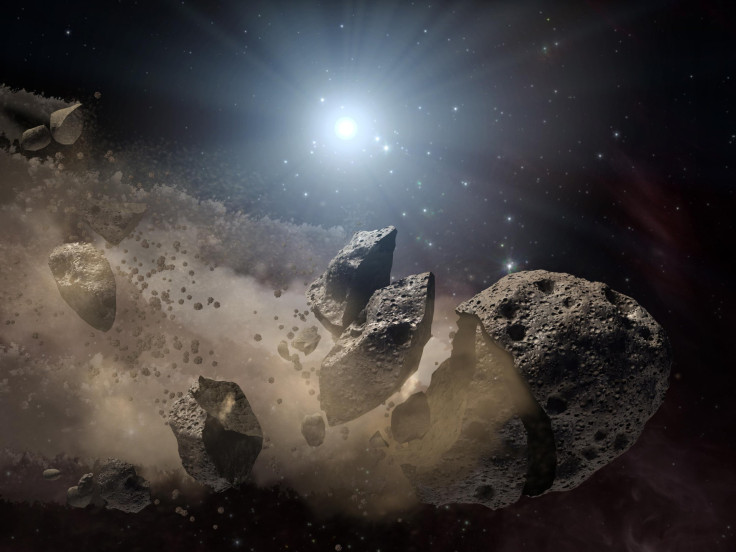Robots should do space mining, not humans, say Aussie researchers

Since Australia is one of the leading exporter of commodities, the country has mining industry experience to be one of the leaders of space mining. The strong mining capabilities comes from 60 percent of mining-related innovations happening in the country, Aussie mining experts say.
One area of space mining that Australia could play a major and leading role is implementing automation, says Dr Alice Gorman, space archeology expert of Flinders University in Adelaide. Other Aussie researchers say that space mining must not be done by humans, instead, it should be robots that should perform the task.
Australia would be a good place to test experiments with automated robotic mines before it is implemented outside Earth. Local deserts could host the asteroid mining experiments as a first step toward asteroid mining, reports SBS.
The National Aeronautics and Space Administration has located about 1,500 asteroids near Earth that are as large as houses only, but could contain valuable metals.
The race in space was initiated by Luxembourg which announced plans to mine asteroids for tungsten, gold and platinum. In November 2015, US President Barack Obama signed the Commercial Space Launch Competitiveness Act that granted American firms property rights over the space resources it could mine.
Australia has yet to make the same move because the government is still reviewing the regulatory framework for space activities. Professor Steven Freeland, from the University of Western Sydney, points out that while there is an international framework based on UN treaties, these agreements were crafted during a different era.
He particularly pointed to the Cold War “when there were very few countries engaged in space, when the vast majority of space activities were state-oriented,” quotes ABC. Although exploring what lies outside the planet remains a political decision, more businesses are preparing to earn more by cashing in on space tourism and asteroid mining.
Mining experts, however, believe the materials mined should not be transported to Earth but use it in space because of cost factors. Professor Andrew Dempster, director of the Australian Centre for Space Engineering Research, explains that based on a University of New South Wales research, return on investment is 85 years if the mineral is sent to Earth, but five year if utilised in space.





















